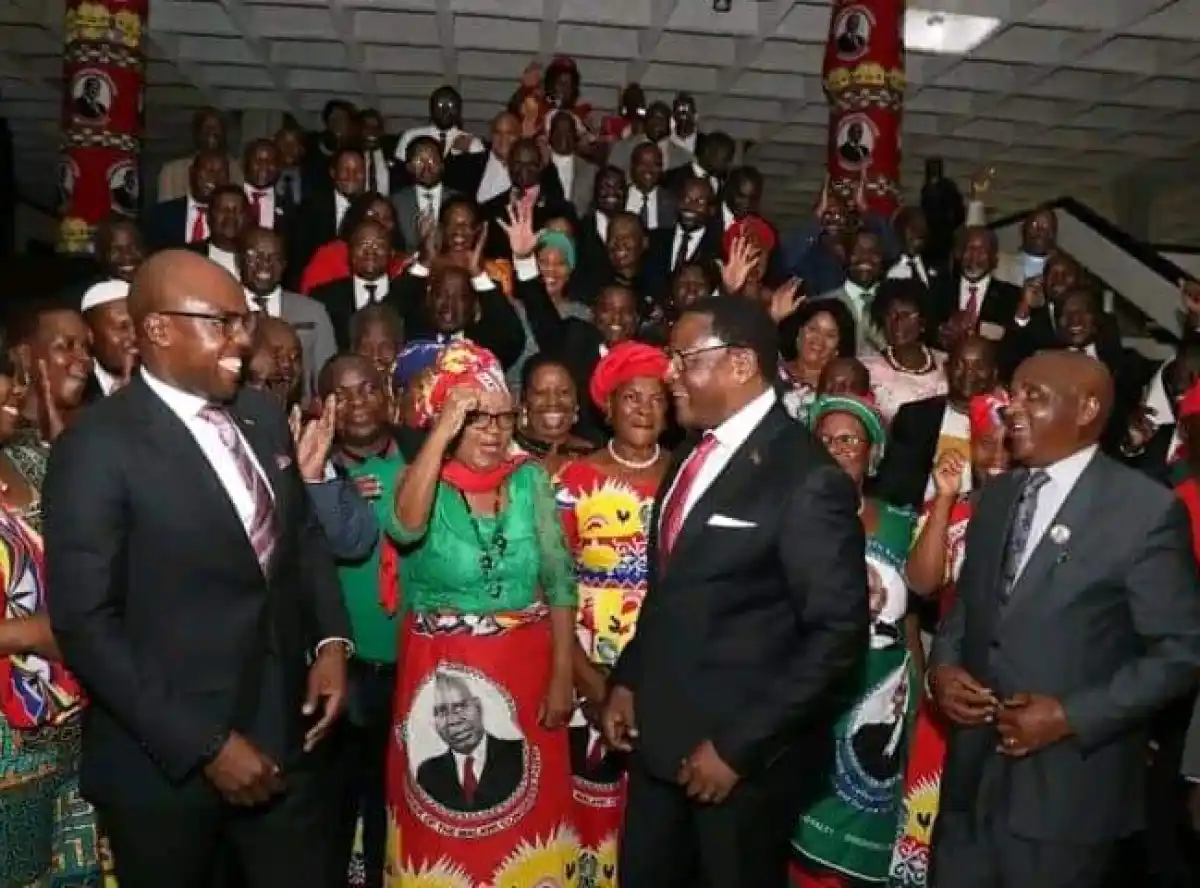
Malawi Congress Party, a leading member of the Tonse Alliance, will hold its elective convention in August to usher in office bearers to steer the party for the next five years. Candidates vying for various positions have started canvassing for votes, in the process setting in motion fireworks ahead of the big day. Our Staff Writer AYAMI MKWANDA caught up with political commentator ERNEST THINDWA on the convention and other relevant matters.
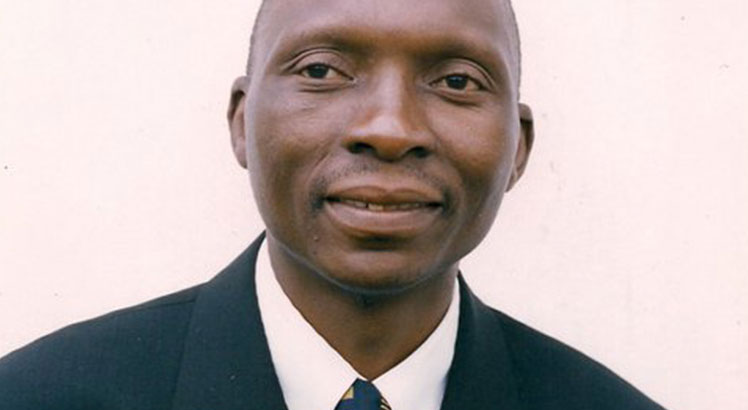
Q. MCP elective convention is heating up with positions of 1st vice-president and secretary general attracting unprecedent interest. Could you provide insights in the observed developments as the party heads for the elective convention
A. Two factors are particularly significant in creating the hype and an environment in which party members are incentivised to compete for key positions. First is the increasing democratic space being provided within the party from the period before 2014 General Election when the current Head of State Lazarus Chakwera emerged as the party president and torch-bearer for the presidential race, unlike previously, when the elective conventions were highly regulated to produce outcomes preferred by the party elite. Second is MCP’s incumbency status perceived to enhance the party’s electoral appeal. Members, as political entrepreneurs, are incentivised to exploit the party’s electoral appeal.
Q. Three of the four candidates for the position of 1st vice-president (VP) are from the Northern Region. What is driving interest of members from the North to compete for the 1st VP position?
A. Traditionally, the North has not been a fertile ground for the position of 1st VP for major parties nor for identification of the running mate for the presidential race. The relatively high number of contestants for the 1st VP position from the North should be viewed as an attempt by aspirants to enhance their respective chances to be considered for the party’s running mate position for the presidential race in 2025. Given that voter preference among electoral alternatives is relatively fixed for the Central and Southern regions at least in the short to medium-term, there is generally increasing anticipation by the populous and parties suggesting how the less particularistic North votes will have a significant say on which party wins the presidential race. Consideration of a Northerner as running mate for the presidential race is increasingly a plausible electoral strategy for major parties which partly may explain increasing number of aspirants for the 1st VP position from the North although being elected as 1st VP does not translate into an automatic choice as a running mate.
Q. What explains lack of interest to challenge Chakwera for the party leadership position and as the party’s presidential torch-bearer?
A. It is not part of our democratic culture to challenge the party president, especially when he or she is a seating Head of State. The same trend is observed in mature democracies such as the USA or UK. Party presidents and sitting Heads of State or Government tend to wield significant influence within the party to shape the outcomes of primary elections. The Republican Party in USA with Donald Trump is a classic reference case.
Q. How does the proposal by MCP’s national executive council (NEC) requiring aspirants to be members for at least two years and hold a position within the party hierarchy fit into the democratic setting?
A. The proposal has its own merits as much as demerits. While the idea to limit the right to compete for party positions to those who hold positions within the party is retrogressive designed to guarantee tenure permanency for existing office bearers, the requirement to be a member for at least two years may be merited if aimed at promoting and rewarding party loyalty and tame opportunism by rolling political entrepreneurs. On the other hand, the requirement may rob the party of the opportunity to engage in strategic recruitment necessary for party renewal particularly as parties tend towards general elections. MCP may be better advised to table before the party’s policy convention the proposal of at least two years’ membership to earn the right to compete for positions. If the proposal is to be adopted, it would serve the party better if it is operationalised after the forthcoming elective convention to avoid introducing new elective rules when the contest is in progress and risking being viewed as targeting certain new members which may be a recipe for party disunity.
Q. Any lessons from MCP’s experience in holding elective conventions? A. The key issue is the increasing competition for the party’s strategic position. It suggests expanding spaces for intra-party electoral processes enabling the party to unearth promising leadership talent and enhance its electoral appeal. It will be significant for all our parties to extend and sustain democratic spaces to other forms of intra-party interaction and processes if our parties’ agenda is to be driven by the party membership other than the established party elite and emerge stronger as linchpins between the government and citizens.


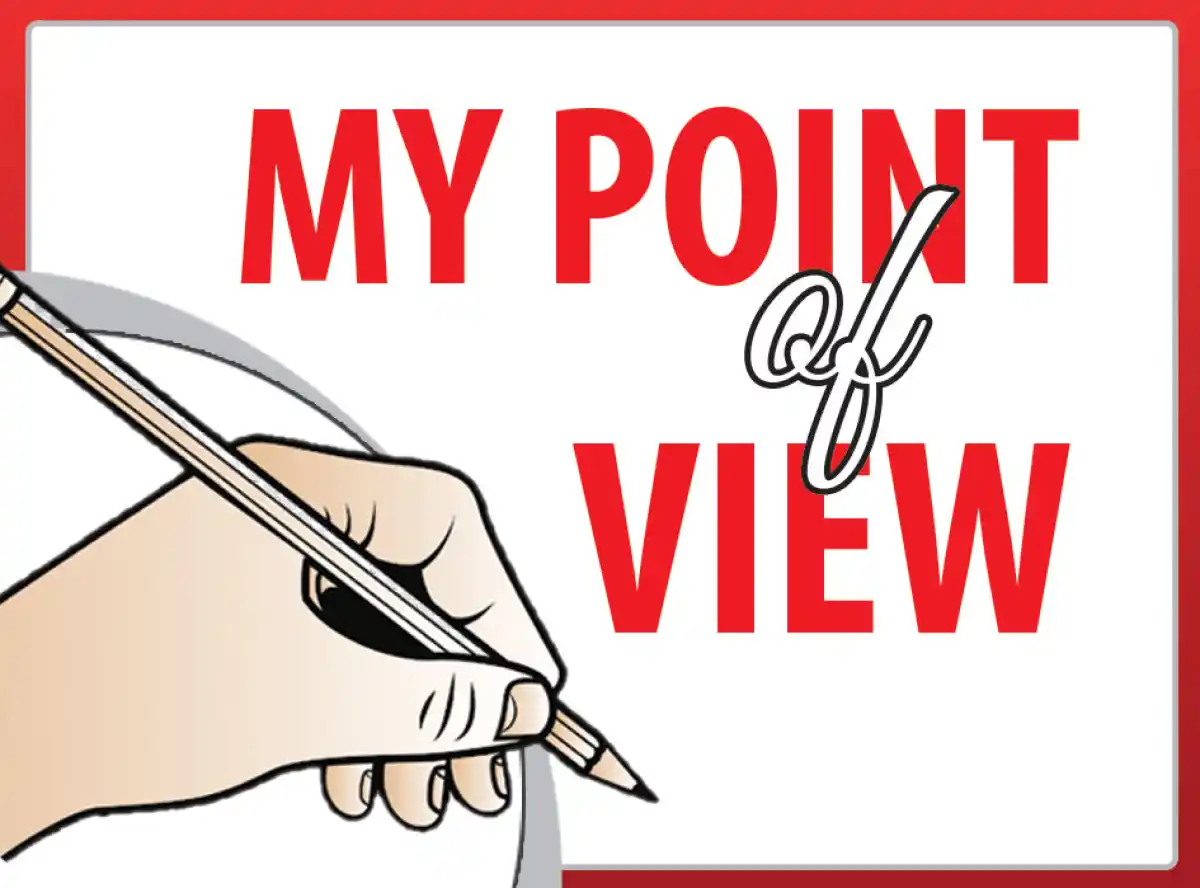


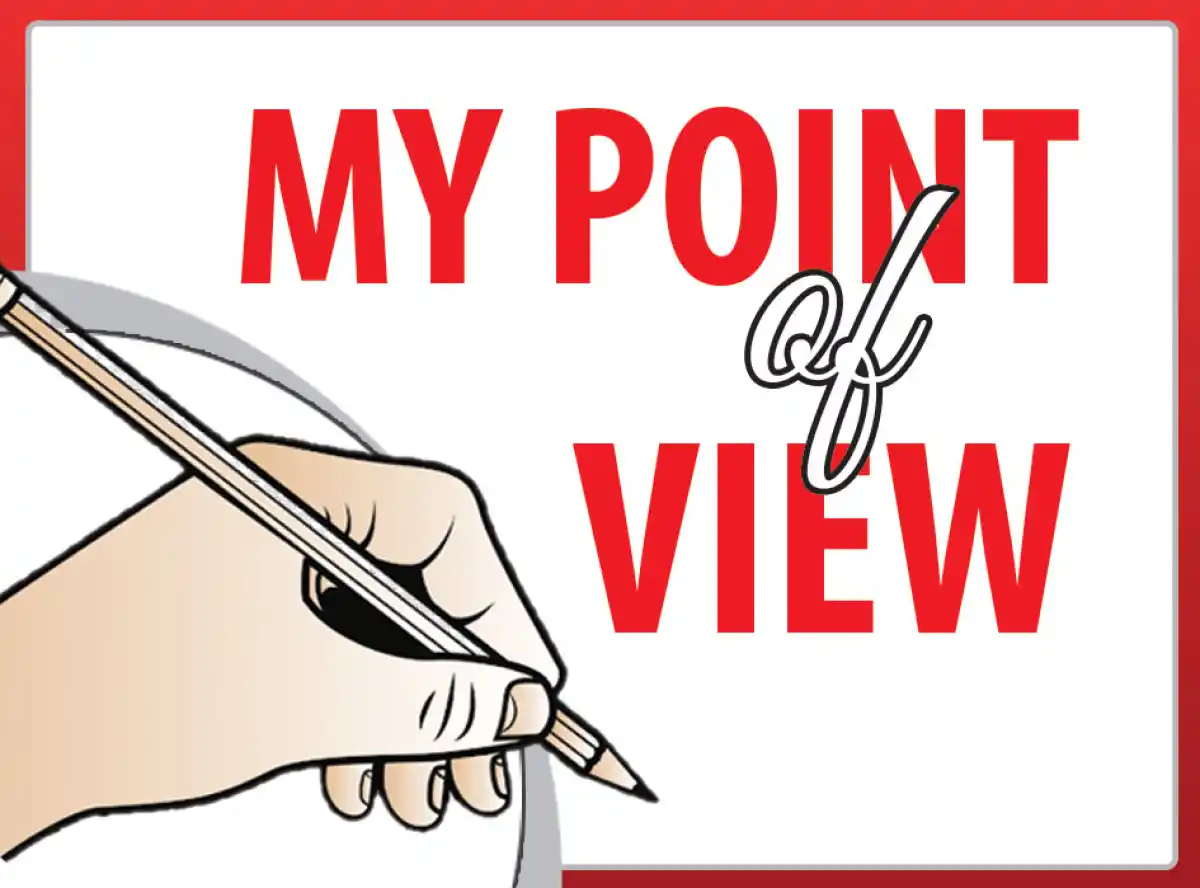
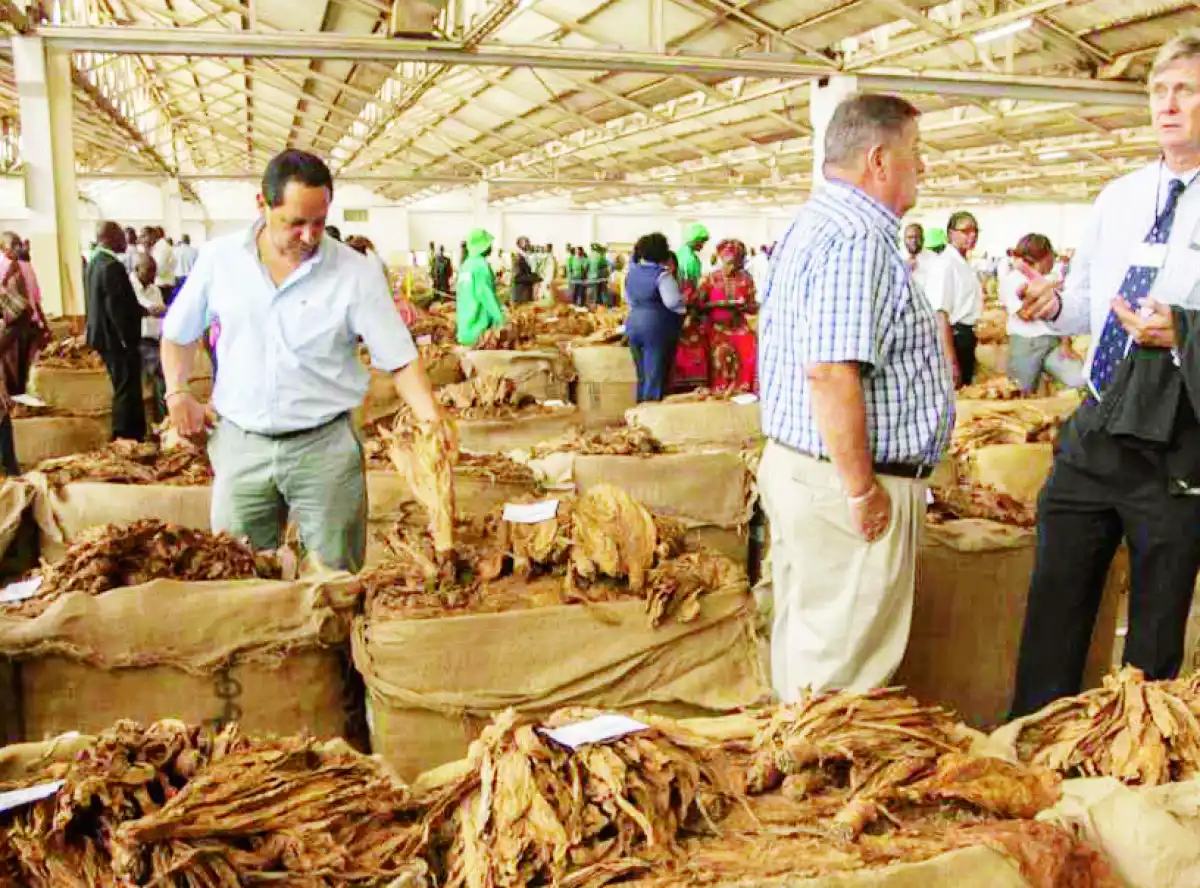
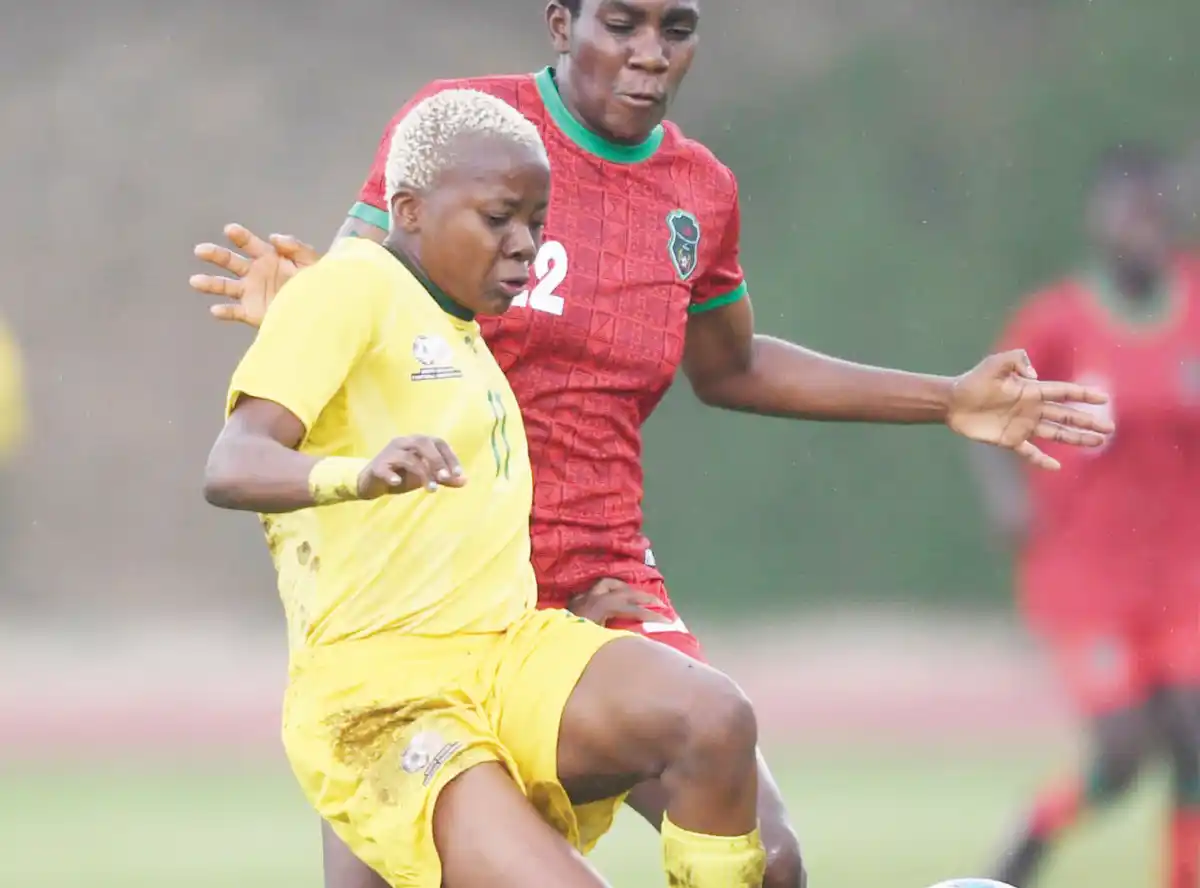
0 Comments